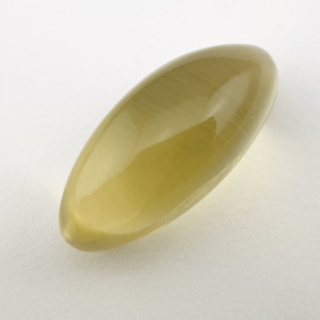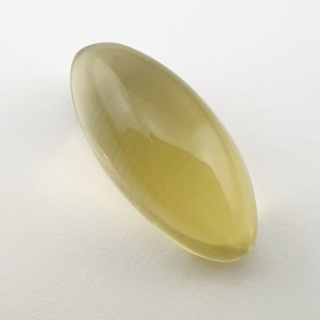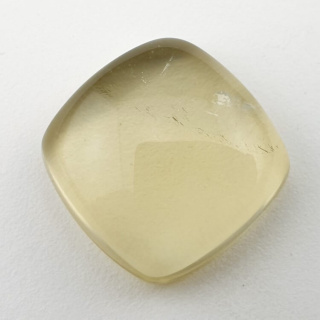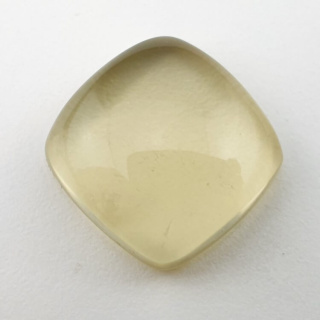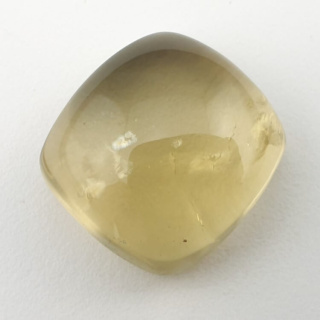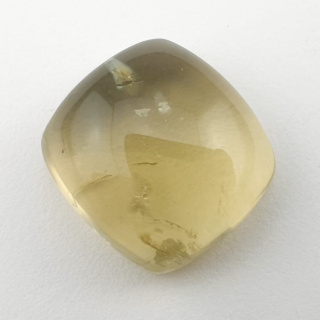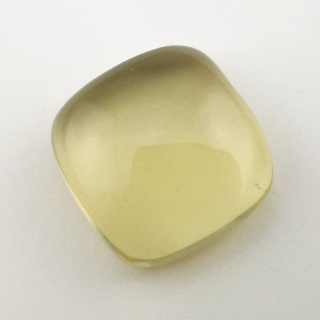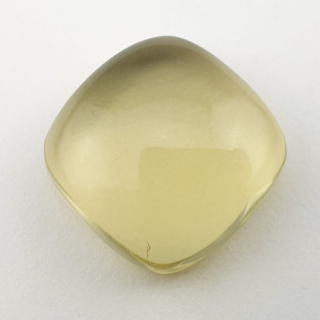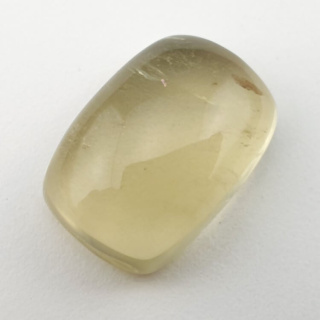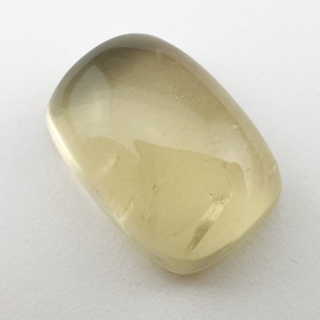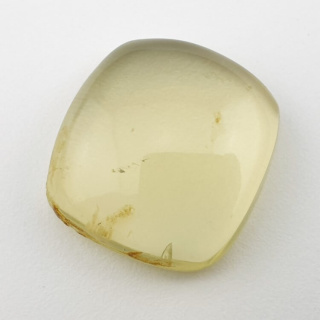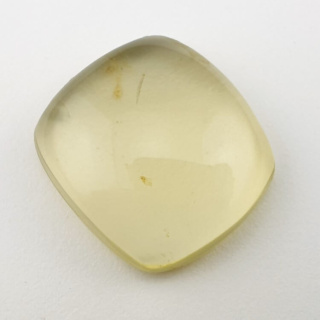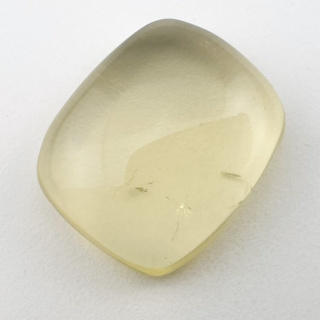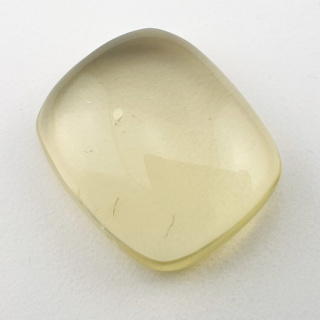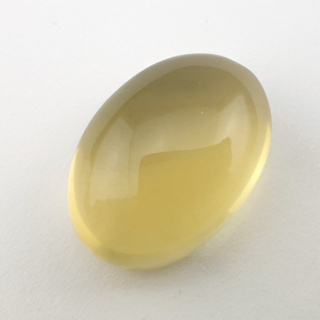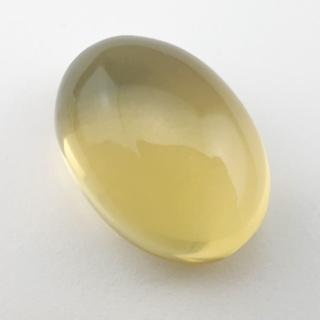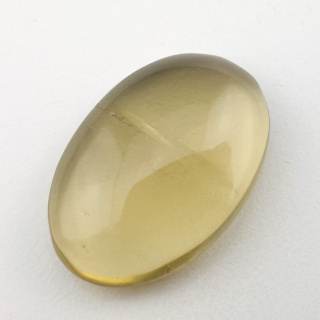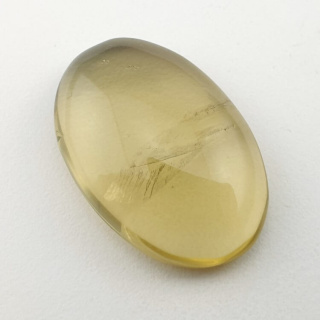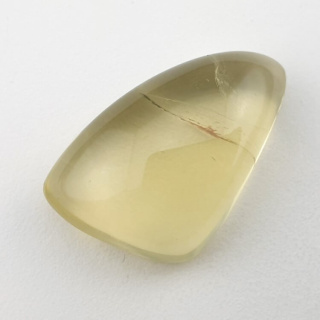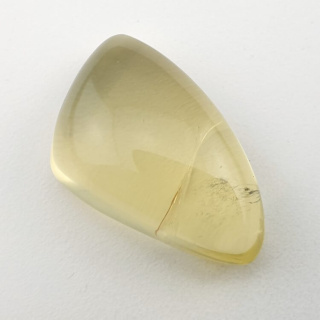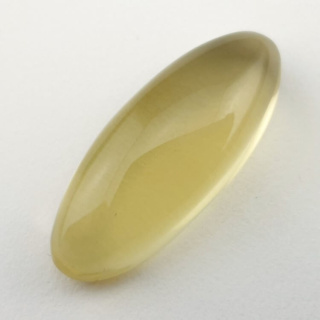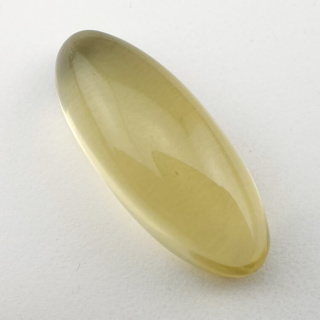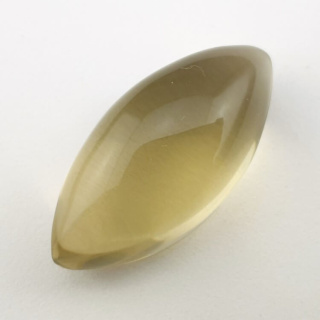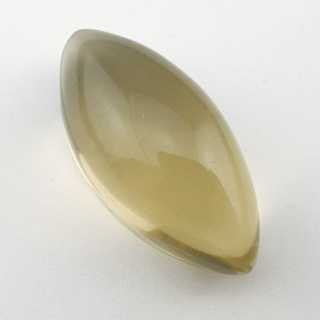- All categories
-
Categories
- Stones | Crystals
- Beads for jewlery
- Jewelry components
- Synthetic stones
-
Zodiac stones
- Aquarius (Jan 20th - Feb 18th)
- Pisces (Feb 19th - Mar 20th)
- Aries (Mar 21st - Apr 19th)
- Taurus (Apr 20th - May 20th)
- Gemini (May 21st - Jun 20th)
- Cancer (Jun 21st - Jul 22nd)
- Leo (Jul 23rd - Aug 22nd)
- Virgo (Aug 23rd - Sep 22nd)
- Libra (Sep 23rd - Oct 22nd)
- Scorpio (Oct 23rd - Nov 21st)
- Sagittarius (Nov 22nd - Dec 21st)
- Capricorn (Dec 22nd - Jan 19th)
- Pearls | Shells
- Pendants
- Bracelets
- Tapes with crystals
- Crystals A-F
- Crystals G-K
- Crystals L-O
-
Crystals P-Z
- Peridote
- Pietersite
- Pyrite
- Prehnite
- Purpurite
- Rhodochrosite
- Rhodonite
- Ruby
- Selenite
- Septarian
- Seraphinite
- Indian seraphinite
- Serpentine
- Petrified wood
- Cat's eye scapolite
- Scolecite
- Sodalite
- Stichtite
- Shattuckite
- Scheelite
- Shungite
- Tektite
- Thulite
- Topaz
- Tibetan turquoise
- Tourmaline
- Tiger's eye
- Tiger's iron
- Unakite
- Variscite
- Sale
- Promo 💵
- Sale 🛒
- New arrivals 💥
- Discounts
- Delivery
- Payment
- Returns
- Contact us
- Blog
- Tapes with crystals (sale -40%)
-
Categories
-
Aquarius (Jan 20th - Feb 18th)
-
Pisces (Feb 19th - Mar 20th)
-
Aries (Mar 21st - Apr 19th)
-
Taurus (Apr 20th - May 20th)
-
Gemini (May 21st - Jun 20th)
-
Cancer (Jun 21st - Jul 22nd)
-
Leo (Jul 23rd - Aug 22nd)
-
Virgo (Aug 23rd - Sep 22nd)
-
Libra (Sep 23rd - Oct 22nd)
-
Scorpio (Oct 23rd - Nov 21st)
-
Sagittarius (Nov 22nd - Dec 21st)
-
Capricorn (Dec 22nd - Jan 19th)
-
Peridote
-
Pietersite
-
Pyrite
-
Prehnite
-
Purpurite
-
Rhodochrosite
-
Rhodonite
-
Ruby
-
Selenite
-
Septarian
-
Seraphinite
-
Indian seraphinite
-
Serpentine
-
Petrified wood
-
Cat's eye scapolite
-
Scolecite
-
Sodalite
-
Stichtite
-
Shattuckite
-
Scheelite
-
Shungite
-
Tektite
-
Thulite
-
Topaz
-
Tibetan turquoise
-
Tourmaline
-
Tiger's eye
-
Tiger's iron
-
Unakite
-
Variscite
Zodiac stonesCrystals P-Z -
- Promo 💵
- Sale 🛒
- New arrivals 💥
- Discounts
- Delivery
- Payment
- Returns
- Contact us
- Blog
- Tapes with crystals (sale -40%)
-
- Favorites
-
-
Cart (0)Cart is emptyAdd to cart for free delivery -,--Free delivery!Make orderTotal 0 €Price includes discounts
-
Lemon quartz: The beauty of a unique stone
Number of products : 12What is lemon quartz?
Lemon quartz is a variety of quartz with a yellow or lemon hue. It is a quartz crystal that gets its color from the presence of iron in its chemical composition. Lemon crystal is popular in jewelry making, where it is used to create various decorations, primarily due to its attractive, sunny color. In short, lemon quartz is a variety of quartz with a specific shade of yellow.
Lemon quartz physical and chemical properties
The most important physical and chemical properties of natural lemon quartz include:
Lemon quartz physical properties:
- Hardness: Like other varieties of quartz, it has a hardness of 7 on the Mohs scale, which means it is relatively hard and durable.
- Density: The density of lemon quartz is approximately 2.65 g/cm³.
- Color: The color of lemon stone is a distinctive yellow or lemon yellow and is the result of the presence of iron impurities.
- Fracture: Lemon crystal has a brittle fracture.
- Transparency: It can occur in the form of transparent or translucent-milky crystals.
Chemical properties of citrine quartz:
- Chemical composition: Lemon quartz is a variety of quartz, and its main component is silicon oxide (SiO2).
- Impurities: The color of lemon quartz is often the result of the presence of iron impurities. Other impurities may also affect its color and appearance.
- Solubility: Under normal conditions, quartz is practically insoluble in water and most acids and bases.
- Melting point: Quartz melts at very high temperatures, above 1600 degrees Celsius.
What is the main component that gives lemon quartz its characteristic color?
The main component that gives lemon quartz its characteristic color is an admixture of iron. The presence of this admixture gives lemon quartz crystals a shade ranging from light yellow to intense lemon. It is the varying amounts and types of iron compounds that determine the different shades of yellow in lemon quartz. This impurity affects the optical properties of the mineral, giving it an attractive appearance that is valued in the production of jewelry and ornaments.
Why is lemon quartz often used in jewelry making?
Lemon quartz is often used in jewelry making for several reasons:
- Aesthetic color: The characteristic color of lemon quartz, resulting from the presence of iron impurities, gives it an attractive and warm yellow hue. This bright and fresh color is popular in jewelry, adding a delicate and elegant touch.
- Transparency: Natural lemon quartz can occur in the form of transparent crystals, making it attractive for use in jewelry designs. Its transparency allows light to pass through, adding sparkle and shine to jewelry.
- Availability: Lemon quartz is relatively widely available, making it more accessible compared to some rarer gemstones. This makes it an attractive choice for jewelry designers and customers looking for stones with a specific color and aesthetic.
- Hardness: Quartz, including lemon quartz, has a Mohs hardness rating of 7, meaning it is fairly resistant to scratching and wear. This durability makes lemon quartz stones relatively easy to maintain and long-lasting when worn.
- Color variations: Lemon quartz can come in a variety of shades of yellow, giving jewelry designers the opportunity to choose stones with different color intensities to suit their designs and customer preferences.
Due to these characteristics, lemon quartz is a popular choice among jewelry designers, offering a combination of aesthetics, availability, and durability.
Where in the world can natural lemon quartz be found?
Natural occurrences of lemon quartz can be found in various parts of the world. Here are a few places where this type of quartz can be mined:
- Brazil: Brazil is one of the main sources of lemon quartz. Well-known Brazilian mining sites include Minas Gerais. Brazil: Brazil is one of the main sources of lemon quartz. Madagascar: Lemon quartz deposits are found on the island of Madagascar. Madagascan crystals are often characterized by their intense color and clarity.
- Spain: Lemon quartz is also found in some regions of Spain. For example, the La Collada site in Catalonia is known for its quartz finds in various shades of yellow.
- United States: Lemon quartz can be found in some areas of the United States. Examples include the states of Arizona and Arkansas.
- Namibia: In Africa, Namibia also has natural deposits of lemon quartz.
- France: Some areas in the French Alps are known for their citrine quartz crystals.
It is worth noting that citrine quartz is relatively widely available, which makes it widely used in jewelry and jewelry around the world.
Does natural citrine quartz have any significance in terms of spirituality or esotericism?
In esotericism and spirituality, stones, including lemon quartz, are often attributed with various properties and symbolism. Below are some general interpretations associated with lemon quartz:
- Energy and joy: Lemon quartz is sometimes associated with solar energy and joy. Its bright color resembles the sun, which may be associated with positive energy, optimism, and joie de vivre.
- Purification and strengthening: In esotericism, lemon quartz is often credited with the ability to purify energy and strengthen the energy body. It can be used to remove negative energy and restore balance.
- Creativity: Some believe that citrine quartz can support creativity and help manifest goals. It is associated with activating the solar plexus energy, which is related to the center of creativity.
- Mental resilience: Lemon quartz is sometimes considered a stone that promotes mental resilience. It may help with coping with stress, anxiety, and negative thoughts.
- Physical health: In some esoteric traditions, citrine quartz is believed to have beneficial effects on physical health, particularly on the digestive and nervous systems.
However, it is important to note that these interpretations are subjective and have no scientific confirmation. For many people, gemstones such as lemon quartz are primarily jewelry items with aesthetic and symbolic significance, and their possible esoteric properties are a matter of personal belief and conviction.
Are there any legends or beliefs associated with lemon quartz stones?
There are no widely known legends or myths associated with citrine quartz in traditional cultures or mythology. However, gemstones, including citrine quartz, have been the subject of interest in various cultures for centuries, often associated with esoteric beliefs, folk medicine, and magical practices. Since lemon quartz is a relatively common mineral, it can be found in various cultural contexts, although without specific myths.
In some folk traditions, stones were attributed with various protective, healing, or spiritual properties. However, these beliefs often varied depending on the culture and region. Gemstones were used as amulets, talismans, or elements of magical rituals in various esoteric practices.
Contemporary uses of citrine in jewelry and spiritual practices may be based on modern interpretations or connections to esoteric traditions. It is worth noting that these aspects are usually individual, and beliefs associated with stones are often subjective and based on personal convictions.
In addition to jewelry making, natural lemon quartz can have various uses in other fields. Here are a few examples:
- Decorative items: Lemon quartz can be used to make decorative items such as sculptures, vases, and interior decorations. Its bright color adds elegance to various designs.
- Production of decorative utility items: Lemon quartz crystals can be used to produce decorative utility items such as candlesticks, glasses, and jugs.
- Electronics industry: Pure quartz, not necessarily in the form of lemon quartz, is widely used in the electronics industry for the production of quartz resonators, which are used in quartz clocks and various electronic devices.
- Lens manufacturing: Due to its transparency, lemon quartz can be used to manufacture optical lenses, used for example in cameras or binoculars.
- Semiconductor technology: Due to its stability and electrical conductivity, pure quartz is also used in the production of silicon wafers and in other semiconductor technology applications.
- Stone therapy: In some esoteric practices, citrine quartz can be used in so-called stone therapy, where stones are placed on the body to bring health or energy benefits.
![[{[item.product.name]}]]([{[item.product.photo.url]}] 75w)

